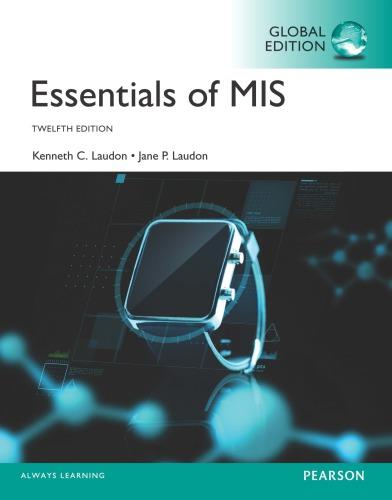Question
Summary: The example discusses how attempts to limit severe traffic jams in Beijing led to unintended consequences. Officials in Beijing limited the number of license
Summary: The example discusses how attempts to limit severe traffic jams in Beijing led to unintended consequences. Officials in Beijing limited the number of license plates issued each month. Plates are awarded in a monthly lottery. The chance of winning is 1 in 1,907. The price of a license plate was kept well below the market clearing price. License plates are only transferable between spouses. Limited supply and a market price set below equilibrium led to unintended consequences. - A black market in license plates was created. - Residents bought cars in other provinces and transported them to Beijing. - Some happily married couples divorced. Then one partner would pay the lottery winner to marry him or her, transfer the license plate, immediately seek a divorce, and then remarry his or her original spouse. Questions: 1. In the context of the license plate lottery in Beijing, what would divorce be considered? Why? Explain. 2. What causes the given indifference curves (U1, U2, and U3) to be upward-sloping? Explain. 3. (5 points) What is implied by the steepness of the indifference curves? 4. (5 Points) Is there a way to reframe the problem so the indifference curves have the normal downward-sloping shape? Explain. 5. (5 Points) What general economic principle is best illustrated by this Freakonomics feature? Explain. 6. (5 Points) What did you learn from this article related to what we covered so far in this class?
Step by Step Solution
There are 3 Steps involved in it
Step: 1

Get Instant Access to Expert-Tailored Solutions
See step-by-step solutions with expert insights and AI powered tools for academic success
Step: 2

Step: 3

Ace Your Homework with AI
Get the answers you need in no time with our AI-driven, step-by-step assistance
Get Started


